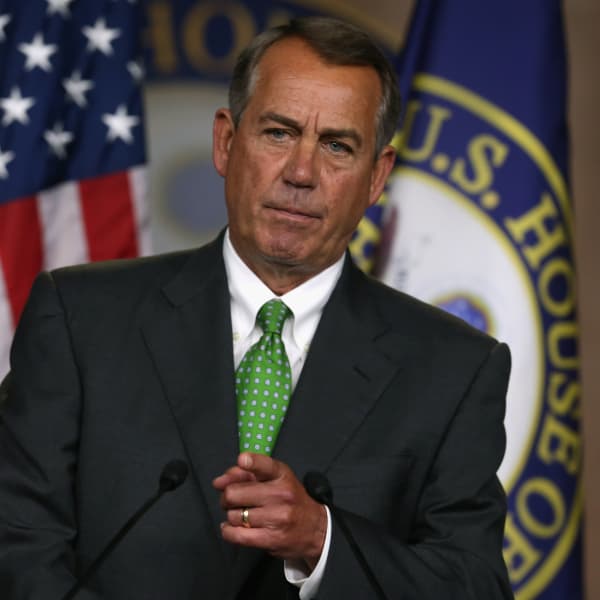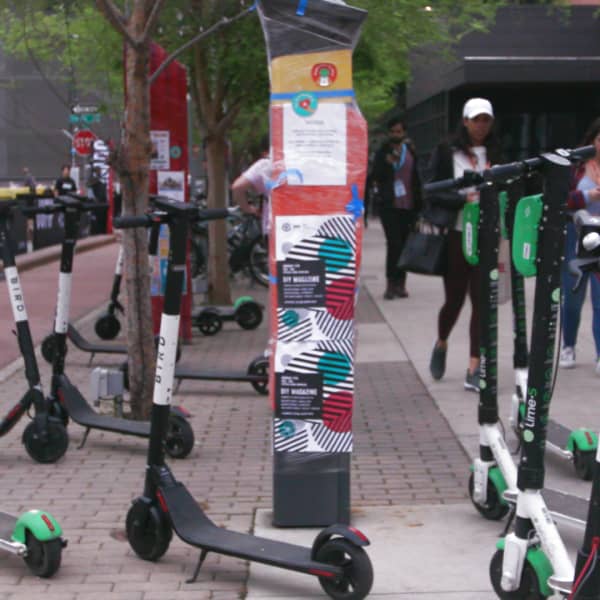The marijuana industry is picking up as legalization sweeps the country, but there are still some wrinkles to be ironed out.
In particular, most banks won't deal with weed businesses, which means they can't take credit cards.
That means buyers have to carry cash, and sellers end up with huge amounts of cash on hand — some dispensaries in Denver can do sales of $500,000 per month. Transacting in cash increases the risk of theft, and if the sellers try to deposit large amounts of cash at the bank, they can be suspected of money laundering or other crimes.
But one company thinks it's found a way to keep both banks and legal weed businesses happy.
Tokken is a secure mobile payment option coupled with identification checks that meet banks' stringent requirements. It was founded by a former Marine and regulator at the U.S. Office of the Comptroller of the Currency, Lamine Zarrad.
"The trend is irreversible," Zarrad told CNBC at the South by Southwest Festival in Austin, Texas. "Cannabis is not going anywhere."
Here's how it works. First, a purchaser agrees to let Tokken verify they can legally purchase weed. That verification may include checking mobile carrier records, gathering bioidentification data used to log into your phone or triangulating who you are based on GPS coordinates.
Once your information checks out, you can upload your credit card information to the app. When you want to buy marijuana, you simply provide a numerical code to give to the cashier.
What about privacy concerns? "Have you read the WikiLeaks?" Zarrad said laughing. "But we don't abuse that. We don't store the data."
It's a complicated issue between the states and the federal government whether banks can legally back marijuana businesses.
To get the banks to back the marijuana-related businesses, Tokken turns credit card transactions into a digital token. Those tokens can be exchanged back for money that can be deposited in a bank account. All the transactions are logged publicly through a blockchain ledger, the same process that makes bitcoin completely anonymous and verified at the same time.
Banks feel safe accepting this money because they are sure the purchases are legal, Zarrad said. It helps that Tokken uses some of the same security regulatory protocols the government uses, he said. (Other Tokken executives include Rita Crague, a former intelligence officer at the CIA, and Adam Healy, who was at Palantir and was a former advisor to U.S. intelligence agencies).
Tokken is aware about the uncertainty around the continued legalization of marijuana, especially given Attorney General Jeff Sessions' anti-pot stance. However, the Trump administration has been a supporter of states' rights, Zarrad said.
"We are acutely aware they have been flip-flopping on the topic," he said.
Tokken's verification system can help solve other issues, Zarrad said. Zarrad, who came to the U.S. as a refugee from Azerbaijan, said many immigrants and refugees are refused from banks because of verification issues. This often forces them to take jobs that pay out in cash, and prevents them from taking the next steps to securing a future for their families.
"If we can solve this issue with cannabis and use this model to apply to immigrants and refugees, we can solve this issue with cash-based jobs," he said.
Correction: This story was revised to correct the spelling of Adam Healy's last name.




